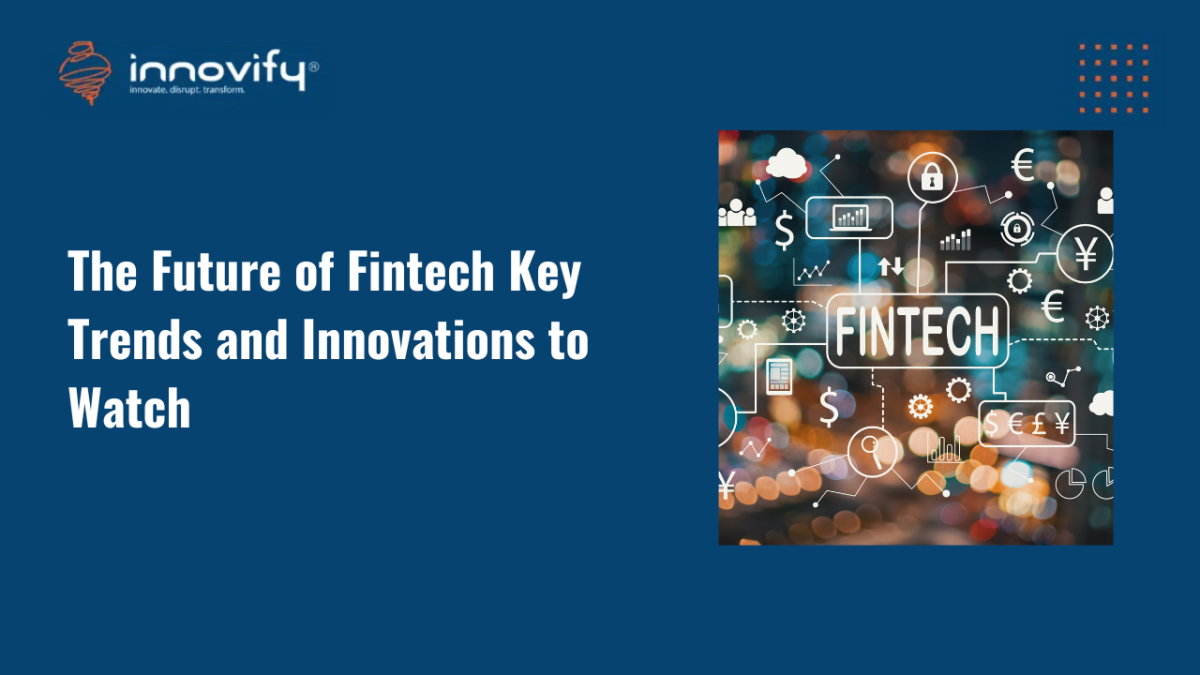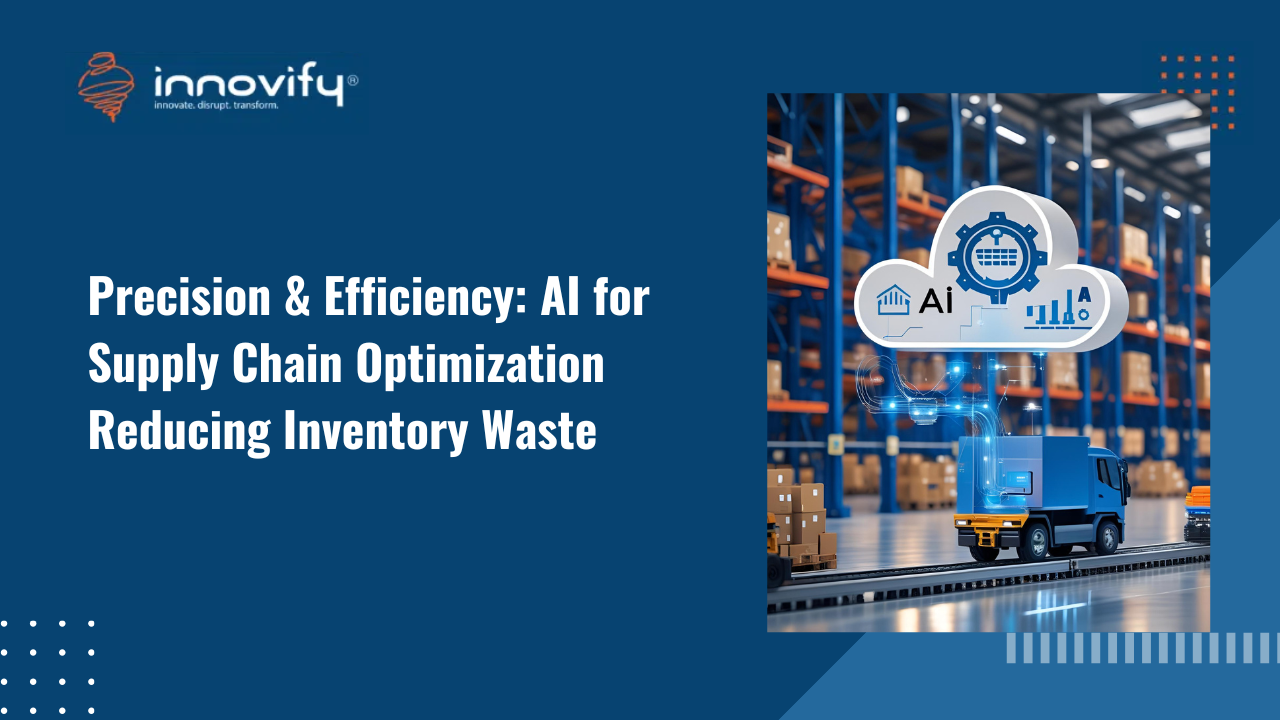Innovation
The Future of Fintech: Key Trends and Innovations to Watch
The fintech landscape is evolving at an unparalleled pace, driven by technological advancements and changing consumer expectations. As we look to the future, several key trends and innovations stand out as transformative forces in the industry. Here’s a closer look at some of the most impactful developments shaping the future of fintech:
1. Blockchain Technology
- Enhanced Security and Transparency: Blockchain’s decentralized nature ensures secure, tamper-proof transactions which reduce fraud and increase trust among users.
- Smart Contracts: Self-executing contracts with terms directly written into code reducing the need for intermediaries.
- Cross-Border Payments: Faster and cheaper international transactions reduced dependency on traditional banking systems.
2. Cryptocurrency
- Mainstream Adoption: Increasing acceptance by major companies and financial institutions.
- Regulatory Developments: Governments and regulatory bodies working on frameworks to ensure safe and compliant use which would balance innovation with consumer protection and market stability.
- Cryptocurrencies: Offer the benefits of digital currencies while mitigating volatility.
3. Decentralized Finance (DeFi)
- Financial Inclusion: Leveraging blockchain to provide financial services to unbanked and underbanked populations.
- Yield Farming and Staking: Users earn rewards by participating in DeFi protocols which would increase opportunities for passive income generation.
- Innovation in Financial Products: Creation of new financial instruments and services which would enhance liquidity and efficiency in financial markets.
4. Artificial Intelligence and Machine Learning
- Personalized Financial Services: AI-driven insights and recommendations tailored to individual user needs enhancing customer experiences. Hence, satisfaction.
- Risk Management and Fraud Detection: Advanced algorithms to detect and mitigate fraudulent activities for better risk assessment and compliance processes.
- Automated Trading and Investment: AI-powered trading bots and robo-advisors offering automated portfolio management for increased accessibility to sophisticated investment strategies.
5. Open Banking
- Data Sharing and Collaboration: Secure sharing of financial data with third-party providers for innovation in financial products and services.
- API Integration: Seamless connectivity between banks and fintech applications for streamlined user experiences and operational efficiencies.
6. Digital Identity Verification
- Biometric Authentication: Use of facial recognition, fingerprints, and other biometrics for secure access.
- Blockchain-Based Identity: Decentralized identity solutions providing secure and portable digital identities for enhanced privacy and control over personal data.
7. RegTech (Regulatory Technology)
- Compliance Automation: Use of AI and machine learning to automate regulatory compliance processes for accuracy in meeting regulatory requirements.
- Real-Time Monitoring: Continuous monitoring and reporting of compliance activities with ability to detect and respond to regulatory changes.
8. Embedded Finance
- Financial Services Integration: Embedding financial services within non-financial platforms and apps for seamless access to banking, lending, and insurance services at the point of need.
- Increased Accessibility: Broadening the reach of financial services to more consumers for convenience and user engagement.
9. Sustainable Finance
- Green Finance Initiatives: Investment in environmentally sustainable projects and technologies to support climate goals.
- ESG Integration: Incorporating environmental, social, and governance (ESG) factors into investment decisions for the responsible and ethical investing options.
Conclusion
The future of fintech is brimming with innovation and potential. From the secure and transparent capabilities of blockchain to the inclusive and decentralized nature of DeFi, these trends are set to redefine financial services. As the industry continues to evolve, staying abreast of these developments will be crucial for businesses and consumers alike. Embracing these innovations promises not only enhanced efficiency and convenience but also a more inclusive and sustainable financial future.




